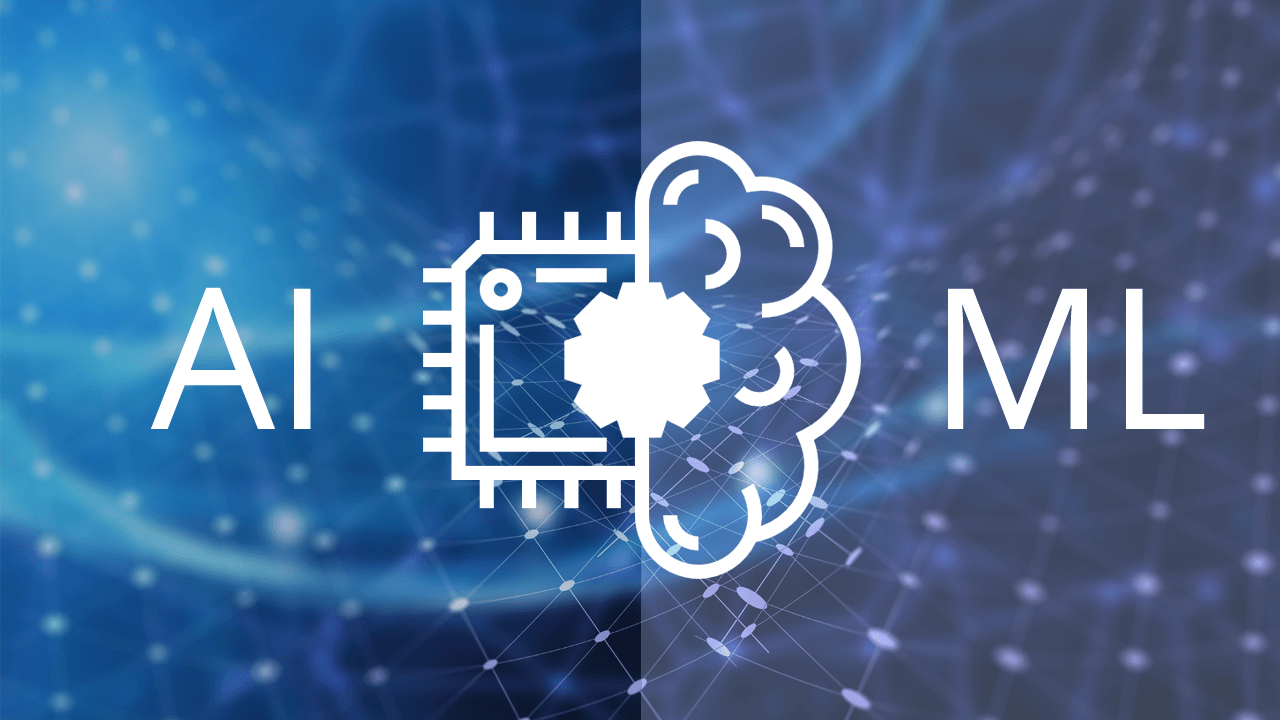Course Duration:
12 weeks (3 hours per week of lecture and 2 hours per week of lab work)
Course Description:
- To understand the foundational concepts of Artificial Intelligence and Machine Learning.
- To learn about essential ML algorithms and when to use them.
- To develop practical skills in implementing ML models using Python and relevant libraries.
- To gain insights into ethical considerations in AI.
Pre-requisites:
- Basic programming knowledge (Python preferred).
- Familiarity with basic mathematics, especially linear algebra and probability.
Course Outline:
Week 1-2: Introduction to Artificial Intelligence and Machine Learning
- Lecture:
- Overview of AI: Definitions, History, and Scope
- Categories of AI: Narrow AI, General AI, and Superintelligent AI
- AI Applications in real-world scenarios (e.g., Healthcare, Finance, Robotics)
- Types of Machine Learning: Supervised, Unsupervised, Semi-Supervised, and Reinforcement Learning
- Lab:
- Python setup for ML: Anaconda, Jupyter Notebook, IDE setup
- Introduction to Numpy, Pandas for data handling
- Assignment:
- Essay on current applications of AI in a chosen field
Week 3-4: Data Preprocessing and Exploration
- Lecture:
- Data Types and Sources in ML
- Data Cleaning: Handling missing data, outliers, and encoding categorical data
- Feature Scaling and Normalization
- Introduction to Exploratory Data Analysis (EDA)
- Lab:
- Hands-on with Pandas for data cleaning and preprocessing
- Using Matplotlib and Seaborn for data visualization
- Assignment:
- Exploratory analysis on a real-world dataset
Week 5-6: Supervised Learning – Regression and Classification
- Lecture:
- Overview of Supervised Learning
- Linear Regression and Logistic Regression
- Evaluation Metrics for Regression and Classification (e.g., MSE, RMSE, accuracy, F1 score)
- Lab:
- Implementing Linear and Logistic Regression models in Python (using Scikit-Learn)
- Experiment with hyperparameter tuning
- Assignment:
- Predictive modeling project with a dataset (e.g., house price prediction)
Week 7-8: Advanced Supervised Learning – Decision Trees, SVMs, and Ensembles
- Lecture:
- Decision Trees and Random Forests
- Support Vector Machines (SVM)
- Ensemble Learning: Bagging, Boosting, and Stacking
- Lab:
- Hands-on with Decision Trees, Random Forest, and SVMs using Scikit-Learn
- Implementing ensemble methods
- Assignment:
- Classification project on a dataset (e.g., customer segmentation)
Week 9: Unsupervised Learning – Clustering and Dimensionality Reduction
- Lecture:
- Clustering Algorithms: K-Means, Hierarchical Clustering
- Dimensionality Reduction: PCA, t-SNE
- Lab:
- Applying K-Means and Hierarchical Clustering on datasets
- Using PCA for dimensionality reduction and visualization
- Assignment:
- Clustering project on a dataset (e.g., text clustering)
Week 10: Neural Networks and Deep Learning Basics
- Lecture:
- Introduction to Neural Networks and the concept of Deep Learning
- Activation Functions and Backpropagation
- Basic architectures (feed-forward, CNN, RNN)
- Lab:
- Implementing a simple neural network using Keras
- Using pre-trained models for image classification
- Assignment:
- Build a simple neural network model on a given dataset (e.g., MNIST digit classification)
Week 11: Ethics in AI and Bias in Machine Learning
- Lecture:
- Understanding biases in AI models
- Ethical implications of AI in society (privacy, accountability, transparency)
- Techniques to mitigate bias
- Lab:
- Analyzing a biased dataset and using mitigation techniques
- Assignment:
- Write a report on ethical considerations for a selected AI application
Week 12: Model Deployment and Course Project
- Lecture:
- Overview of Model Deployment: On-premises, Cloud, Edge Deployment
- Deployment options and considerations
- Course recap and Q&A
- Lab:
- Deploying a trained ML model with Flask or Streamlit
- Final Project:
- End-to-end project: Data preprocessing, model selection, training, evaluation, and deployment.
Course Materials:
- Textbook: “Machine Learning” by Tom M. Mitchell
- Supplementary Resources:
- Hands-on Machine Learning with Scikit-Learn, Keras, and TensorFlow by Aurélien Géron
- Python Data Science Handbook by Jake VanderPlas
Evaluation Criteria:
- Assignments and Labs: 40%
- Mid-term Exam: 20%
- Final Project: 30%
- Participation and Quizzes: 10%
This course provides a strong foundation in AI and ML, with an emphasis on understanding key algorithms and the ability to implement them practically. It also ensures students gain a holistic view of the field, including ethical implications.
